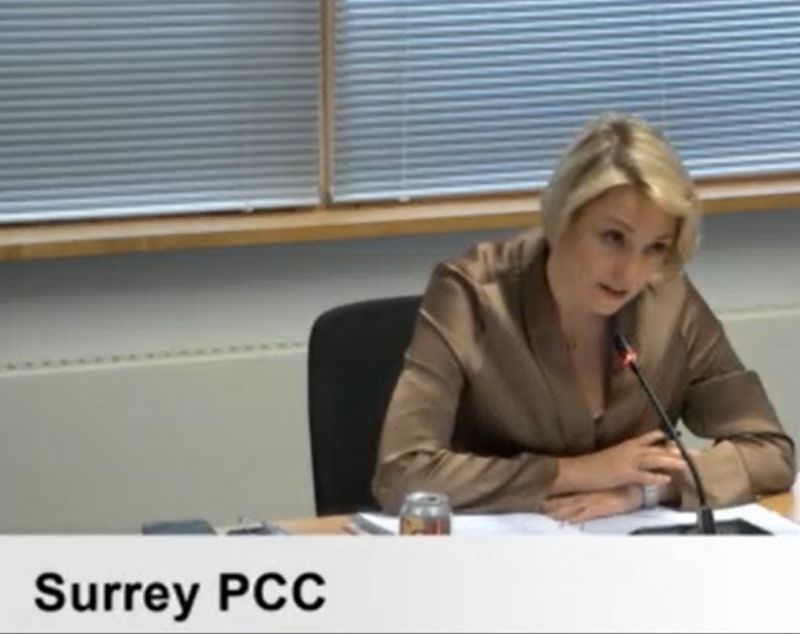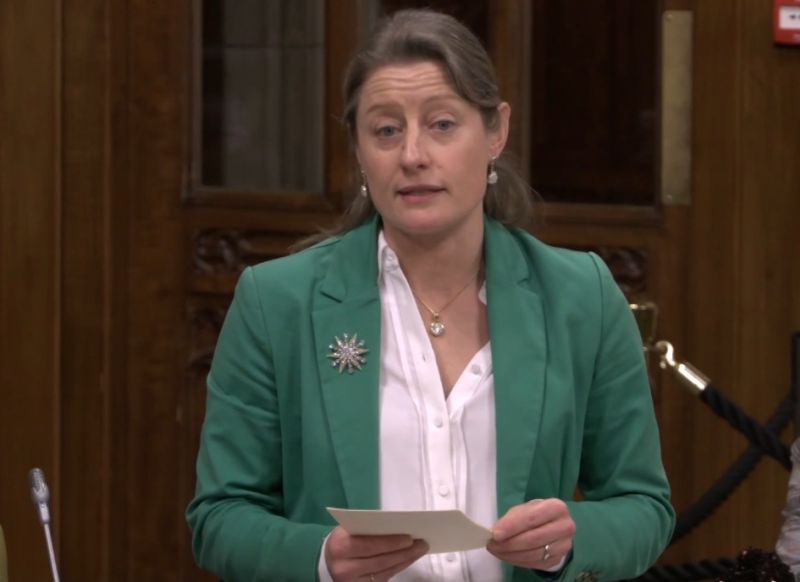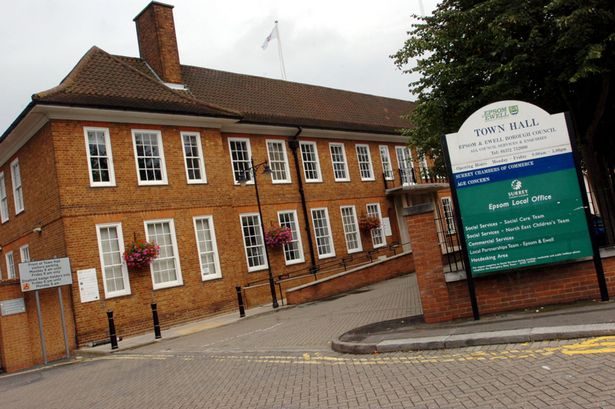Housing Allocation Policy Undergoes Updates
In a bid to modernize the housing allocation process and enhance the efficiency of social housing distribution, the Council adopted a series of amendments to the Housing Allocation Policy and Choice Based Letting Scheme. These changes aim to align the policy with recent legislative updates, reinforce penalties for fraudulent activity, and refine financial thresholds for eligibility.
Cllr Clive Woodbridge, Chair of the Community and Wellbeing Committee (RA Ewell Village) introduced the item at its meeting on 10th October: “It’s over six years since this was last reviewed significantly, and the changes proposed to the policy are intended to introduce considerable more flexibility so that we can widen the range of people that we can assist through the scheme. So, the committee has been asked to review it and say whether they agree with the various changes that are being made”.
During the discussion Cllr Woodbridge asked: “How has the Domestic Abuse Act changed the way we have to implement our policy, and how is that reflected in the document before us tonight?” The Council Officer explained: “Our previous policy was compliant anyway, it just didn’t make a particular reference to The Domestic Abuse Act. We have exceptions within the allocation policy which allow us to look at each case on a case-by-case basis. However, the housing needs register is a waiting list and often it can’t address people who have an urgent need for rehousing, so often the more appropriate route for people who are at immediate risk of domestic abuse is to go through the housing options process. However, the policy is designed so we don’t put barriers up for those that do want to be on our housing needs register, so it doesn’t have a requirement to have lived in our borough and is flexible to take those needs into account.”
Cllr Alison Kelly (LibDem Stamford Ward) expressed her concern about the position of “care leavers” (persons who have been in care between the ages of 16 and 25 who lived in care for at least 13 weeks since their 14th birsthday) and asked that each such applicant for housing was considered flexibly and treated on a “case by case” basis. The officer responded that “At a practical level we would always treat each case on a “case by case basis””. She added that the care leaver policy was being looked at on a Surrey wide basis.
In December 2014, a joint Social and Strategy and Resources committee approved fundamental changes to the existing Housing Allocation Policy. The policy governs how housing needs are prioritized, Housing Needs Register applications are assessed, and social housing is allocated. Following extensive consultations with key stakeholders, the revised Housing Allocation Policy was formally endorsed and implemented in June 2015.
While the policy has effectively met its intended goals, certain aspects are now due for review to ensure its continued relevance and responsiveness to current challenges. Consequently, several adjustments to qualifying and non-qualifying criteria, along with administrative procedures, have been proposed to keep the policy up-to-date. The key changes include:
- Fraud & False Information:
Revisions to the qualifying criteria and penalties for applicants involved in fraudulent applications or false information. These changes will align with the ongoing efforts of Reigate and Banstead’s Fraud Investigation team. - Legislative Compliance:
Ensuring the Housing Allocation Policy complies with evolving legislation, statutory guidance, and case law. - Alignment with Surrey-Wide Protocols:
Adapting the policy to any adjustments in joint protocols implemented across Surrey. - Financial Qualifying Criteria:
Reviewing the financial criteria for inclusion on the Housing Needs Register. The current thresholds, set in 2015, restrict single people or couples without dependent children with gross annual earnings of £25,000 or more and couples or single parents with dependent children with gross annual earnings of £50,000 or more.
Proposed Changes:
- Fraud & False Information: Strengthened criteria and penalties for applicants making fraudulent applications. Disqualification from the Housing Needs Register for two years for fraudulent applicants and five years for those convicted of fraud or deception.
- Legislative Compliance: Updates to reflect changes in legislation and statutory guidance affecting the Housing Allocation Policy.
- Alignment with Surrey-Wide Protocols: Incorporating changes introduced in the Surrey Joint Housing Protocol for Care Leavers and the Homelessness Reduction Act 2017.
- Financial Qualifying Criteria: Adjusting the income thresholds, increasing the current £25,000 gross annual earnings for single people/couples without dependent children to £40,000, and the £50,000 threshold for couples/single parents with dependent children to £65,000.
These adjustments are backed by a recent benchmarking exercise across Surrey, which highlights the need to ensure a balanced mix of households reliant on welfare benefits and those employed, especially for one-bedroom properties. Additionally, the proposed income thresholds align with the income levels at which applicants would no longer qualify for welfare benefits or universal credit.
Furthermore, the changes aim to address the challenges faced by low-income households in private rental accommodation, who are often limited by the Local Housing Allowance (LHA) rates, causing a substantial shortfall between LHA rates and median private sector rents.
The proposed adjustments are a comprehensive attempt to modernize the Housing Allocation Policy, making it more equitable, responsive, and reflective of the current housing landscape. The committee unanimously adopted the revised policy.




















